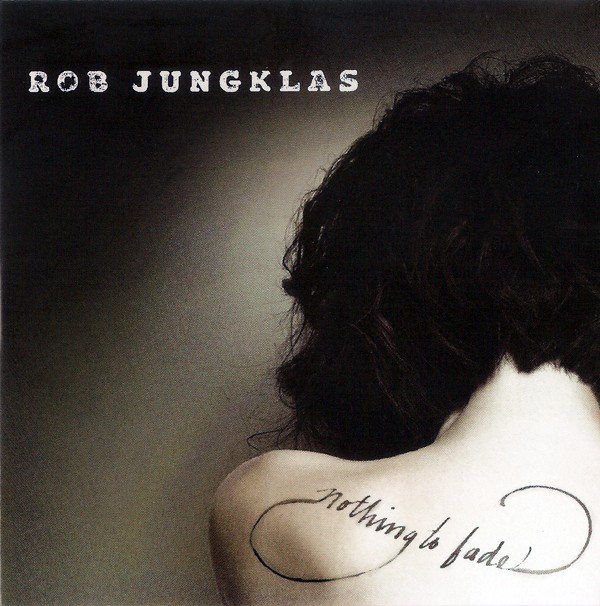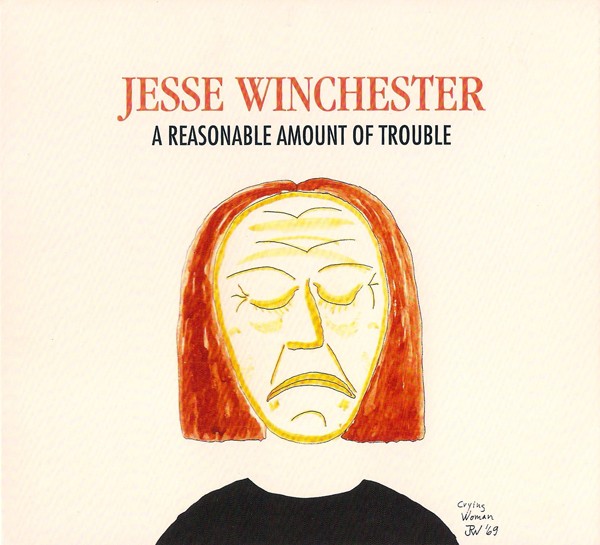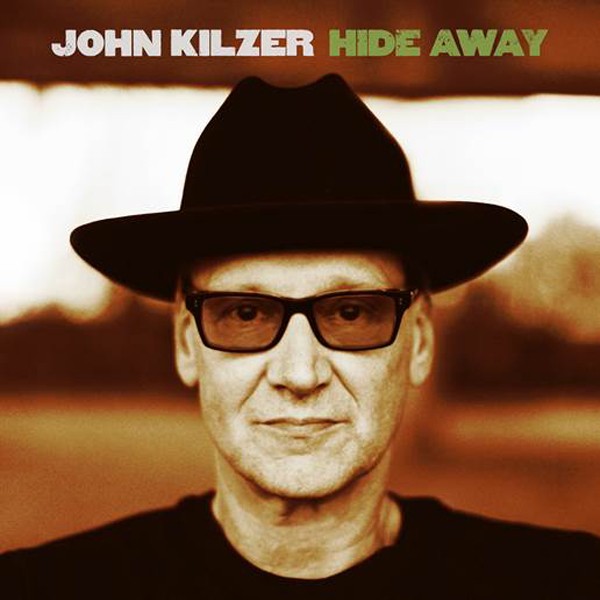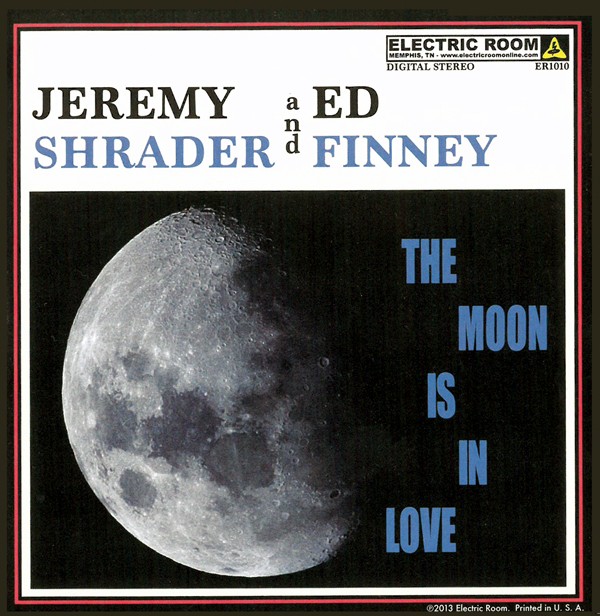An ill-informed music fan might mistake Rebel Souls, the latest album from Rob Jungklas, as a slice of Americana. And with titles like “Southern Cross the Dog,” “Beulah Land,” and “Down to the River,” who could blame them? Other details — the cover art by Brooke Barnett, suggesting a black-and-red rose wood print, or the presence of the Sacred Harp Singers of Cork, Ireland, on two tracks — only seem to confirm its Americana provenance.
But examine both the songs and the cover image a bit more closely, and something altogether more intriguing appears.
On closer inspection, that darkly sensuous rose is actually a kind of landscape, a hallway or tunnel ending in some sort of mandala, framed by broken chains. And the lead track’s title, “Ruination,” offers another hint. Open the book of lyrics that accompanies the CD, and you’ll see the full title is “The Body’s Ruination is the Soul’s Release.” The music isn’t the typical folk gospel that might accompany that line, but the modern drone of a synthesizer, leading a minor key dirge as Jungklas sings with an eerie desperation.
In “Beulah Land,” Jungklas “sees Death walking like a man” — a familiar figure in the universe of Rebel Souls. If the phrase carries echoes of ageless blue songs, that’s appropriate. The blues as an idea permeates the album, though the music itself is barely hinted at. Muddy Waters and Furry Lewis appear in different songs, and moreover, the specters of death and loss hover over nearly every word. “Love is the religion,” he sings in “Ruination,” “but Death is the deity.”
Make no mistake, love is present in this world, as crafted by Jungklas in deft literary touches. It’s just that it’s hard-won, coming only after one faces the costs of survival in a brutal land. “I paid in blood for all I have,” Jungklas sings. By the album’s end, one gets a sense of what his rewards might be, as the music turns to major-key hopefulness, albeit cautiously, in “Down to the River.”
The moon rose over Midtown
With a sweet narcotic pull
Shining down on the bleeding and the beautiful
Shining down on all the noble savages
And all the ragged saints
Those of us who are redeemed
And those of us who ain’t
The album’s atmosphere of creeping twilight owes much to the subtle arrangements, blending expertly crafted synthesizer textures with the sound of an organic band. Indeed, some tracks were even recorded live at The Green Room at Crosstown Arts by the inimitable Kevin Houston, who co-produced the album with Jungklas. Other tracks and overdubs were then recorded and mixed by Houston at Nesbit Recording Services. And the contributing musicians — including strings by Jonathan Kirkscey, Jana Meisner, and Krista Lynne Wroten, bass by Sam Shoup, guitar by Dave Smith, and percussion by Shawn Zorn — lend a human warmth to the dark proceedings.
Some music has the distinct ability to immerse you in a landscape, be it a mansion on a hill or the rains down in Africa. The latest from Jungklas has that quality, centered on Memphis, with a vision of the American South laced with dread and foreboding, and perhaps a shred of hope.

 Photo by Fontaine Pearson
Photo by Fontaine Pearson 




